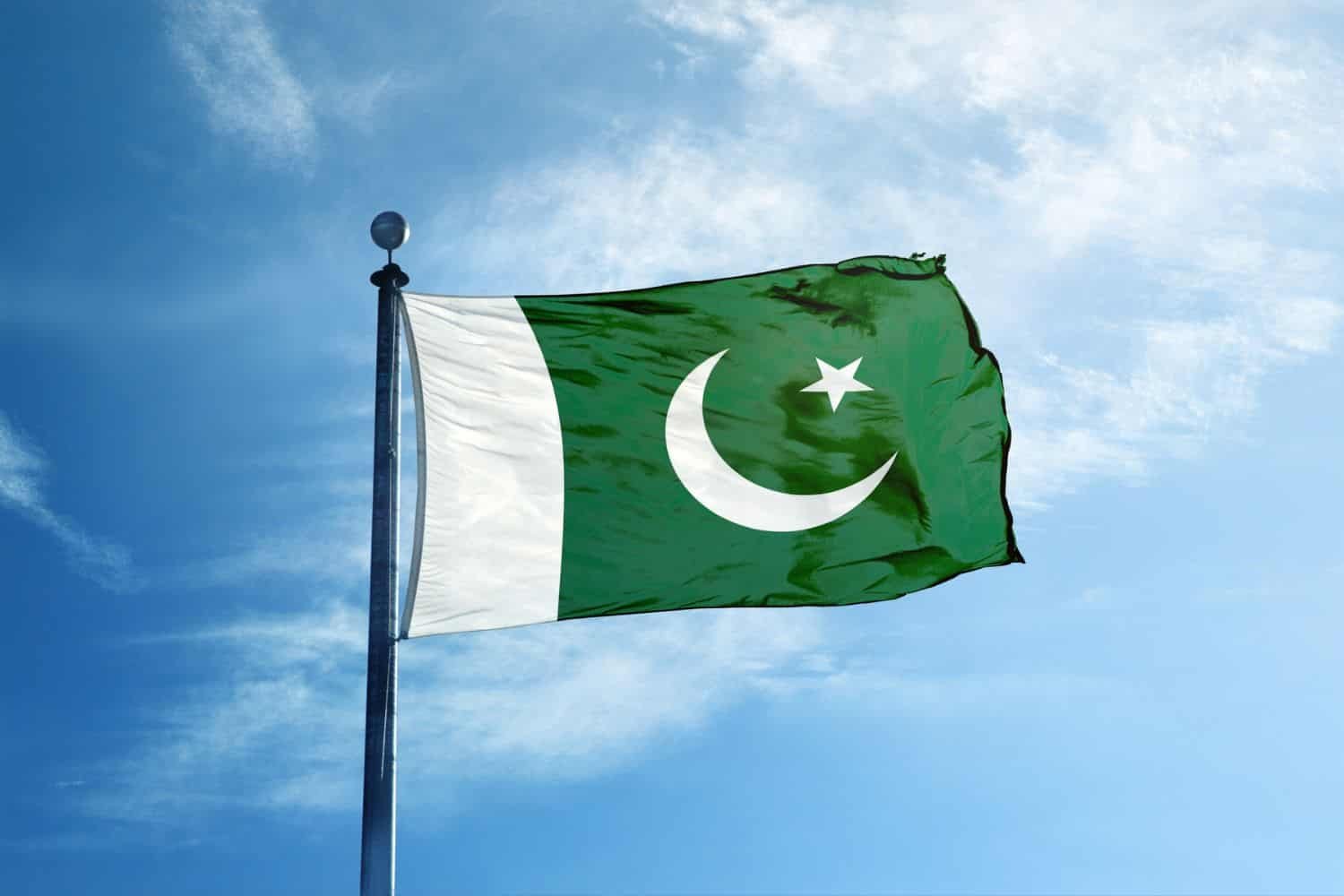Barrister Naveed Qazi
The government’s escalating campaign against the Tehreek-i-Labbaik Pakistan (TLP) has reignited an old debate — should Pakistan act as a “hard state” to curb extremism, or risk eroding civil rights in the process? After the group’s latest failed march toward Islamabad in “solidarity with Gaza,” which turned violent, the state has decided to take a tougher line.
In the latest crackdown, the Punjab government claims to have identified nearly 3,800 financiers linked to the TLP. Federal Interior Minister Mohsin Naqvi, while visiting Karachi, declared that “no armed group will be tolerated.” Yet, in a meeting with senior Barelvi clerics, he assured them the operation was not sectarian in nature. Defence Minister Khawaja Asif reinforced the message on television, calling for Pakistan to act as a “hard state” to uproot extremism.
Follow Republic Policy on YouTube
The TLP’s decade-long history is marked by street violence, hate campaigns, and deadly confrontations. Its extremist rhetoric has targeted minorities, damaged public property, and challenged the writ of the state repeatedly. Many ask why it took so long for the authorities to recognise the group’s disruptive potential.
Yet, experts caution that in its eagerness to establish control, the state must not conflate dissent with extremism. Pakistan’s history is littered with examples of anti-extremism drives that gradually expanded to silence journalists, opposition figures, and peaceful protesters. Overbroad interpretations of “national security” can easily slip into repression.
Follow Republic Policy on Facebook
The danger, analysts warn, is that under the banner of the “hard state,” democratic space could shrink further. When the state labels its critics as threats, it risks repeating the same mistakes that once nurtured extremism — alienation, exclusion, and political marginalisation. True stability cannot come from coercion alone.
Follow Republic Policy on TikTok
Instead of bans and mass arrests, a more sustainable solution lies in lawful prosecution. Groups like the TLP should be tried under existing laws that address hate speech, incitement, and violence. Such accountability through courts strengthens the rule of law rather than weakening it. Blanket bans, on the other hand, push groups underground, where they mutate into more radical forms.
Follow Republic Policy on Instagram
The deeper roots of extremism in Pakistan remain unaddressed. Poverty, inequality, and systemic injustice in regions such as KP and Balochistan continue to feed militant recruitment. Without addressing these structural causes, crackdowns merely treat the symptoms. People disillusioned by poverty or denied justice often find refuge in extremist narratives.
Follow Republic Policy on WhatsApp
Pakistan’s challenge, therefore, is twofold — dismantle violent groups while building trust among citizens. A strong state does not need to be a repressive one; it must be just, accountable, and inclusive. As the TLP crackdown unfolds, the true test for Pakistan’s leadership is not merely how decisively it acts, but how responsibly it preserves the rights and freedoms that define a democracy.
















